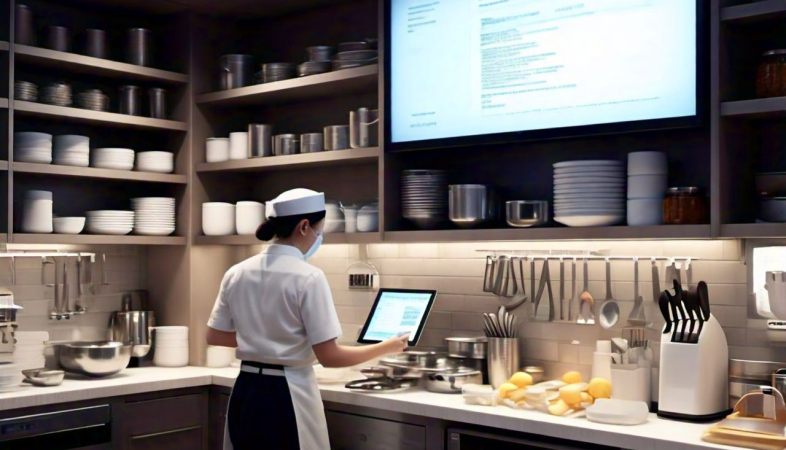SHARE
Commercials
More Posts
Jun 12, 2025
Flash Frying: Crisping Up Meals Without the Guilt
Jan 26, 2025
Sushi - By Chef Madhusudan Singh
May 12, 2025
Avare Kalu Akki Roti - By Chef Bharath Bhushan C
Jun 12, 2025
Flash Frying: Crisping Up Meals Without the Guilt
Jan 26, 2025
Sushi - By Chef Madhusudan Singh
May 12, 2025
.png)




























